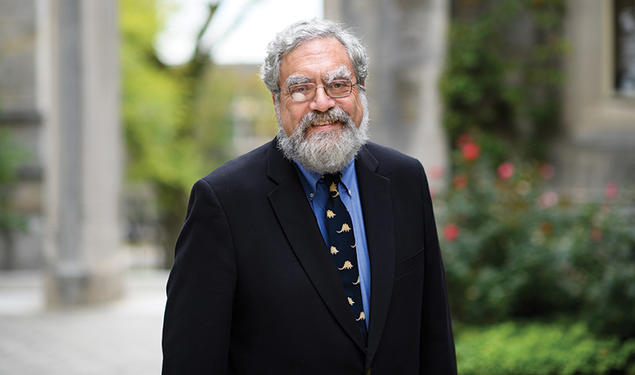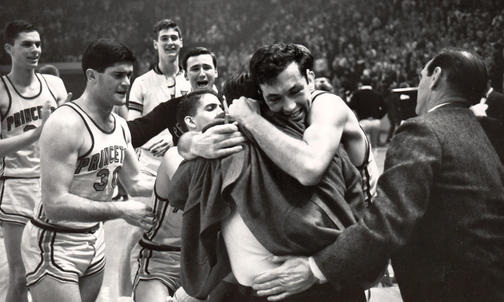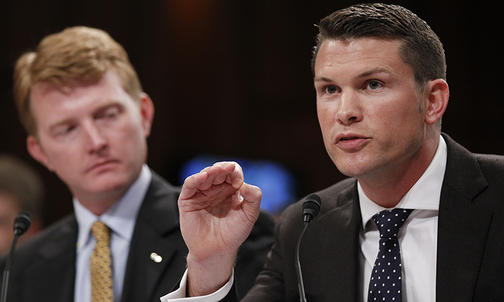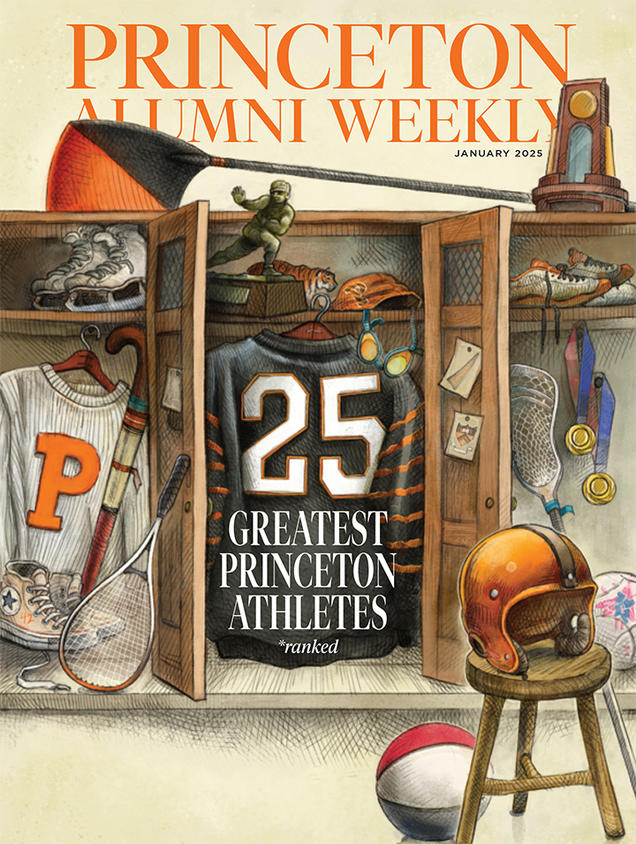INBOX

Join The Conversation
PAW invites readers to participate in thoughtful and respectful dialogue. Here’s how the process works.
1
Find the Story
Every article includes a “Join the Conversation” form at the bottom. Scroll down to complete the form, and be sure to include your name, email address, and Princeton affiliation.
2
Share Your View
Read PAW’s commenting policy for details about our guidelines and expectations. Responses are limited to 500 words online and 250 words for print consideration.
3
Submit Your Response
All comments are reviewed by PAW’s editors. When a comment is published, an email notification will be sent to the address you provided.
Popular Inbox
January 03, 2025
Princeton/NFL Draft Trivia
November 14, 2024
Concerns Over SPIA’s Strategic Direction
November 12, 2024
Student Referendum
January 06, 2025
More Glory Honors
December 04, 2024
Guest Speaker Invitation
The 25 Greatest Athletes in Princeton History
A panel of experts selected these athletes from a list of many, many — remember, we said many — extraordinary Tigers
January 24, 2025
Groundbreaking Rowers Brown ’75 and Lind ’06
January 23, 2025
List of Athletic Greats
January 21, 2025
Sella ’50, a Special Athlete
What Was Defense Secretary Nominee Pete Hegseth ’03 Like at Princeton?
Hegseth, President-elect Donald Trump’s pick for defense secretary, was a basketball player, a politics major, and a brash publisher of The Princeton Tory
December 19, 2024
Questioning Hegseth’s Qualifications
December 06, 2024
Familiar Princeton Background
December 06, 2024
Princeton’s Role in Hegseth’s Rise
PAW IN PRINT
Newsletters.
Get More From PAW In Your Inbox.






January 28, 2025
Climate Crisis in the Classroom
Christine Brozynski ’10